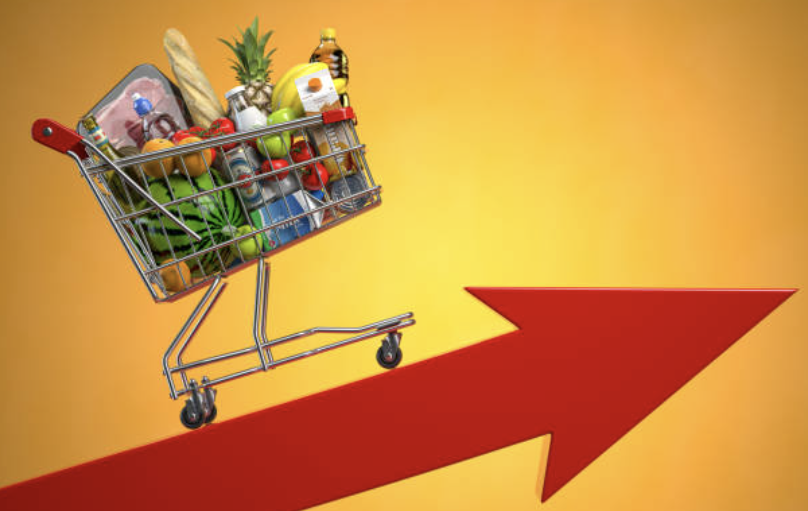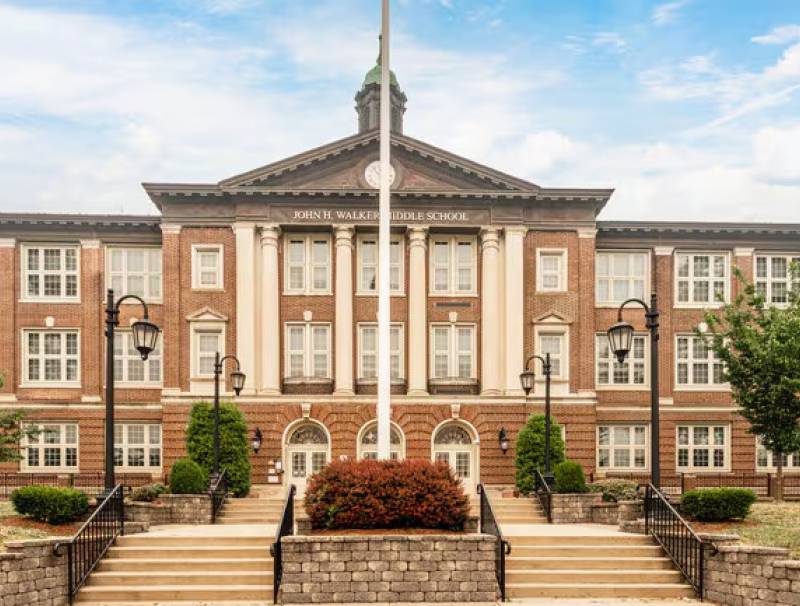Rising Prices in New Jersey
The Covid-19 pandemic has set off a domino effect of predicaments leading to the inflation rate exceeding the national 40-year high previously set in December. Supply chain issues, high demand, production costs, and relief funds all play a role in the surging inflation.
In North Jersey and the New York metropolitan area specifically, a 14-year high was hit just last month. Even though the regional high fell short of the 40-year high recorded across the rest of America, prices have still risen on everything from gas, groceries, used cars, and appliances. Gas prices are a prime example of inflation in New Jersey and around the nation. On average drivers in April 2021 were paying around $2.88 for gas, whereas they are now paying around $4.15 or more.
In New Jersey grocery stores, shelves are bare and prices are rising. In a poll released by Stockton University, the majority of New Jersey adult residents interviewed feel negative about the state's economy. 51% of the residents polled said that rising food, housing, and fuel costs make it much more difficult to make ends meet. According to northjersey.com, “The price of groceries rose 9.1%, the highest in 35 years, driven by a 17% rise in the costs of meat, poultry, seafood, and eggs. Used cars and trucks got 42.7% pricier.”
According to Tom Bracken, New Jersey’s president of the Chamber of Commerce, higher prices are a “ticking time bomb,” he stated, “People have money now because of what happened with the government assistance programs. When does the intersection of money running out and inflation going up — when does that hit? And when that hits, that’s where the problems are going to be.”
With summer around the corner, the bulk of economic activity is coming up for areas like the Jersey shore, hopefully for the benefit of the New Jersey economy. Favorably a rise in the economy will occur, however between supply chain issues and labor shortages a long road to normalcy is ahead.










